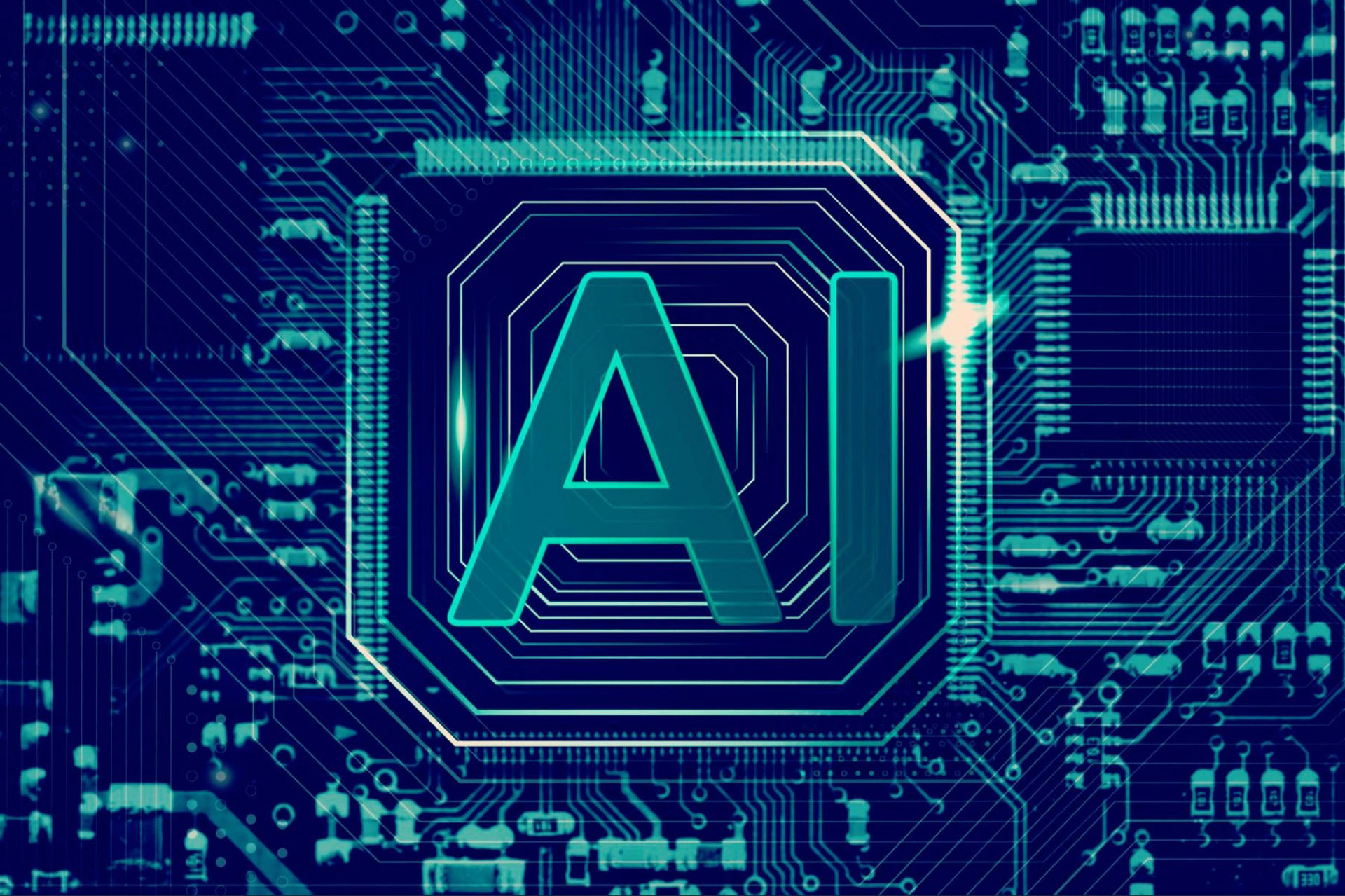AI is an important element in the modern world, in which we would like to enter more talents.
The crucial objectives of a.i. artificial intelligence are based on the following principles — must have a strong understanding, development and application, efficient and simple use.
Today you can see the significant progress in this field which allows us at Unikai to cooperate with universities, research centers, government agencies and private sector companies. We believe that the future of the entire company depends on the evolution of the machine learning industry. This industry will be able to expand rapidly in the coming years thanks to the development of new technologies such as biotechnology, micro-architecture, sensors, machine learning, cloud platforms, data centers and others. At the same time, it should benefit from new developments in information technology and blockchain-based virtual reality concepts.
We are convinced that all these emerging technologies will not only help create better conditions for employees but also allow our clients to increase their competitiveness. Therefore, we develop innovative solutions in order to meet the ever-increasing demands and expectations of customers. Our mission remains to improve both productivity and efficiency through effective strategic management. Together with our partners at Unikai, we seek to make the best work environment for professionals in order to guarantee great results.
As part of this, some major trends and innovations in a.i. artificial intelligence today include :
The growing demand for cognitive computing devices to improve the quality of human lives by enabling cognitive processes with AI applications. Cognitive computing devices that combine neural networks, language processing, speech and other types of cognitive computing applications. These devices can be installed into smartphones, tablets or computers, and are capable of learning, making decisions, and solving problems. In addition, they are expected to significantly reduce labor costs, improve flexibility, and reduce the need for expensive software and hardware updates. As they become increasingly common, their relevance and usefulness to society will grow.
Digital assistants are providing users with conversational interfaces using advanced voice recognition, image recognition, text acknowledgment, language generation, gesture control and etc. To achieve the highest accuracy levels, robots and intelligent systems will continue to be deployed in various fields, including medicine and pharmacy, entertainment, retail and travel. They could be helpful in operating a range of tasks, such as financial activities, administrative work and even home-related activities.
Digital assistants are provided to enable users to interact naturally with AI-powered services and processes. A digital assistant should be able to support and assist people of varied sizes who possess different characteristics and levels of experience in a variety of settings and disciplines. It is important to ensure that chatbots and digital assistants are designed and developed in such a way that they meet customer demands, thereby offering them optimal user experiences. Digital assistants are often customized according to specific needs and preferences of individuals. By supporting digital assistants in various forms, businesses and organizations are strengthening the connection between human and machine resources.
Digital assistants are useful in helping humans collaborate more easily and efficiently. For instance, assistants may suggest relevant products or provide suggestions related to purchases. However, it should be noted that assistants must recognize the unique needs of each individual person, and not just those of business individuals or corporations. A wide range of tasks for digital assistants will require flexible interfaces, such as social media interactions, multi-device assistance, online shopping, and more. Such needs will call for smarter integration across multiple channels. In order to realize new levels of user engagement, digital assistants as well as automation software must understand how individuals process information and communicate to others.
The emergence of smart devices, including mobile devices, has presented a promising market opportunity to advance health care solutions. There is a fast growth in the number of mobile phones and tablets that is estimated to reach almost 15 billion units in 2021. According to a report by Frost & Sullivan, worldwide revenues from connected medical devices are projected to reach $26.5 billion in 2021, this industry projected to reach USD 94.2 billion by 2026. Furthermore, IoT healthcare market opportunities are still being explored across many sectors, and the potential exists to produce over 5 million new jobs by 2030. This creates a very bright spot for any organization looking to harness the power of AI in its operations to enhance patient outcomes and improve employees’ performance.
There are some challenges that AI solutions might face, but there is always a way to overcome them in the future. Thus, we can see that the major challenge is to find solutions that solve problems better than other people.
Another problem is being able to create a general model for artificial intelligence (AI), so we don’t need to develop special robots and training facilities. Finally, another obstacle that could hinder AI is communication between humans and computers, since the existing codes are currently too complicated to handle.
Luckily, there exists a solution to these concerns, i.e. machine learning. Therefore, now computers can process data quickly and learn to recognize patterns without having to explicitly program them. There is no way to predict where humanity will go once it embraces science and technology. Nevertheless, it is clear that it will bring greater benefits to society, both positive and negative. Sooner or later, the public will benefit from the adoption of AI systems and use them for good.
More than ever, the public sector is adopting AI solutions and initiatives, and Unikai stands ready to be at the forefront of delivering the benefits of AI to global markets. All our clients would like to adopt more talent, create smarter workplaces and bring more value to citizens around the globe by leveraging the latest advances in artificial intelligence and applied science.




4 thoughts on “The state of artificial intelligence today”